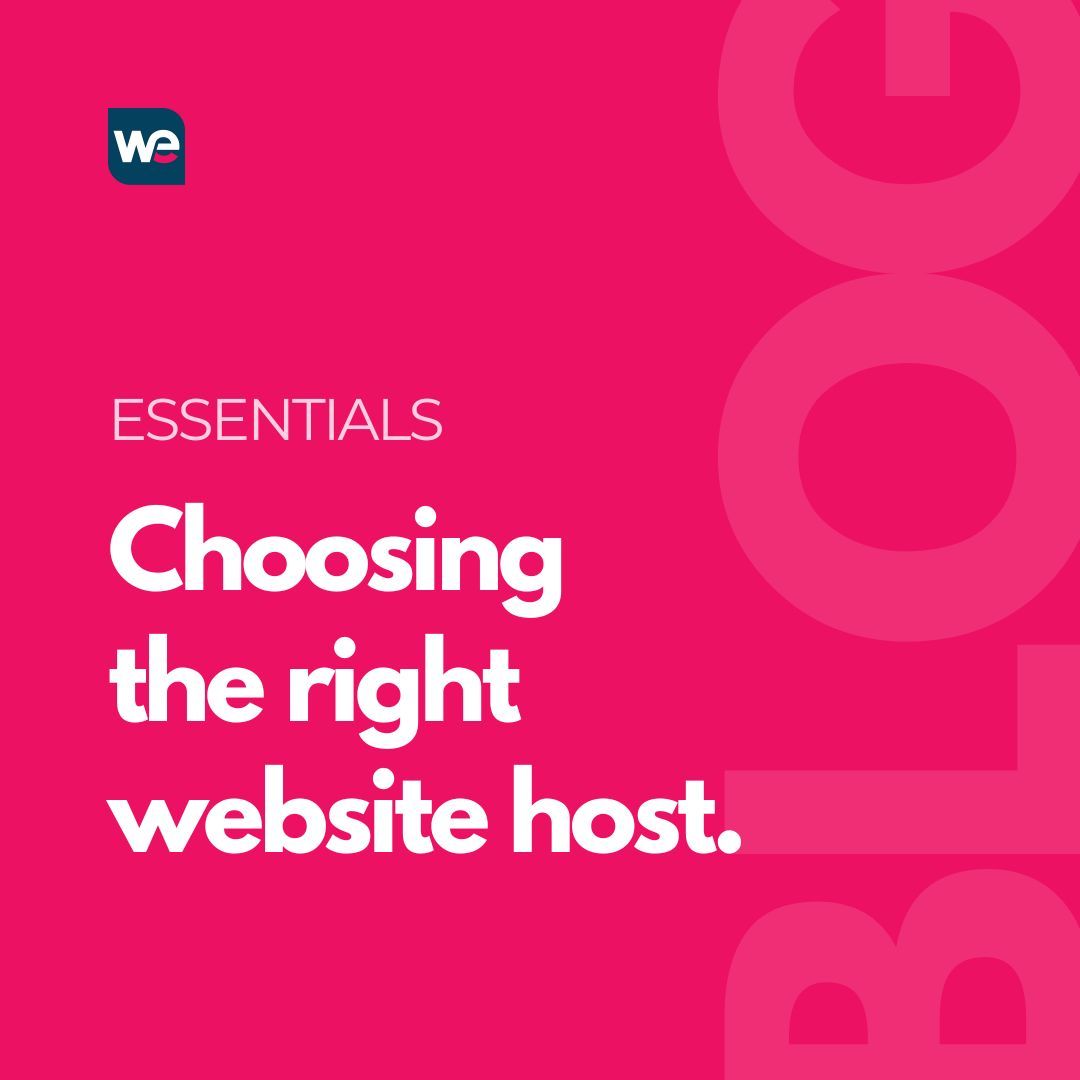As a small business owner, choosing a website hosting provider is a crucial decision that can significantly impact your online presence. With so many options available in the market, choosing the best hosting provider that meets your needs can be overwhelming. In this article, we’ll discuss the features to consider when choosing a website hosting provider for your small business.
1. Reliability and Uptime Guarantee
Reliability is crucial when it comes to web hosting. You need a hosting provider that can guarantee that your website will be available online 24/7. The uptime guarantee is the percentage of time that your website will be available and accessible online. Look for a provider that offers at least a 99.9% uptime guarantee. Anything below this can be considered unreliable.
2. Server Speed and Performance
The speed of your website is also essential. It affects the user experience and can impact your search engine rankings. When choosing a hosting provider, look for one with fast servers and performance. You can test the server speed by running speed tests on their website. A good provider should also offer caching and Content Delivery Network (CDN) services to improve website speed and performance.
3. Scalability and Room for Growth
As a small business, you may not need many resources to start. However, as your business grows, you may need more resources to handle increased traffic and demands. Therefore, consider their scalability and room for growth when choosing a hosting provider. Choose a provider that offers flexible hosting plans to accommodate your growing needs. You should be able to upgrade your hosting plan easily without experiencing any downtime.
4. Security Features
Website security is essential for every business. You need a hosting provider with robust security features to protect your website and data from cyber threats. Look for a provider that offers SSL certificates, firewalls, malware scanning, and regular backups. Also, check if they offer DDoS protection to prevent your website from crashing due to a sudden surge in traffic.
5. Customer Support
When it comes to web hosting, technical issues can arise anytime. Therefore, it’s essential to choose a hosting provider that offers reliable and efficient customer support. Look for a provider that offers 24/7 support through various channels such as email, live chat, and phone. Test their support system by contacting them before signing up for their service. A good provider should be responsive and knowledgeable in resolving your issues.
6. Control Panel and User Interface
The control panel and user interface of your hosting provider can significantly impact your experience as a user. You need a provider that offers a user-friendly interface that is easy to navigate. Also, ensure that the provider offers a control panel that allows you to manage your website, files, and databases efficiently. A good provider should offer cPanel, which is the most popular and user-friendly control panel in the market.
7. Pricing and Billing
Pricing is another crucial factor to consider when choosing a hosting provider. However, don’t make the mistake of choosing the cheapest provider without considering other features. Compare the prices of different providers and check what features they offer in each plan. Also, consider the billing cycle, payment methods, and refund policies. Choose a provider that offers a transparent pricing model and flexible billing options.
8. Reputation and Reviews
Lastly, consider the reputation and reviews of the hosting provider. Look for providers with a good reputation in the market and positive reviews from their customers. Check out their social media pages, online forums, and review websites to see what people say about their services. A good provider should have a solid reputation and positive customer reviews.
Do your research and find the right fit for your website needs. A reminder that the cheapest option is usually not the most reliable when something goes off-plan.
